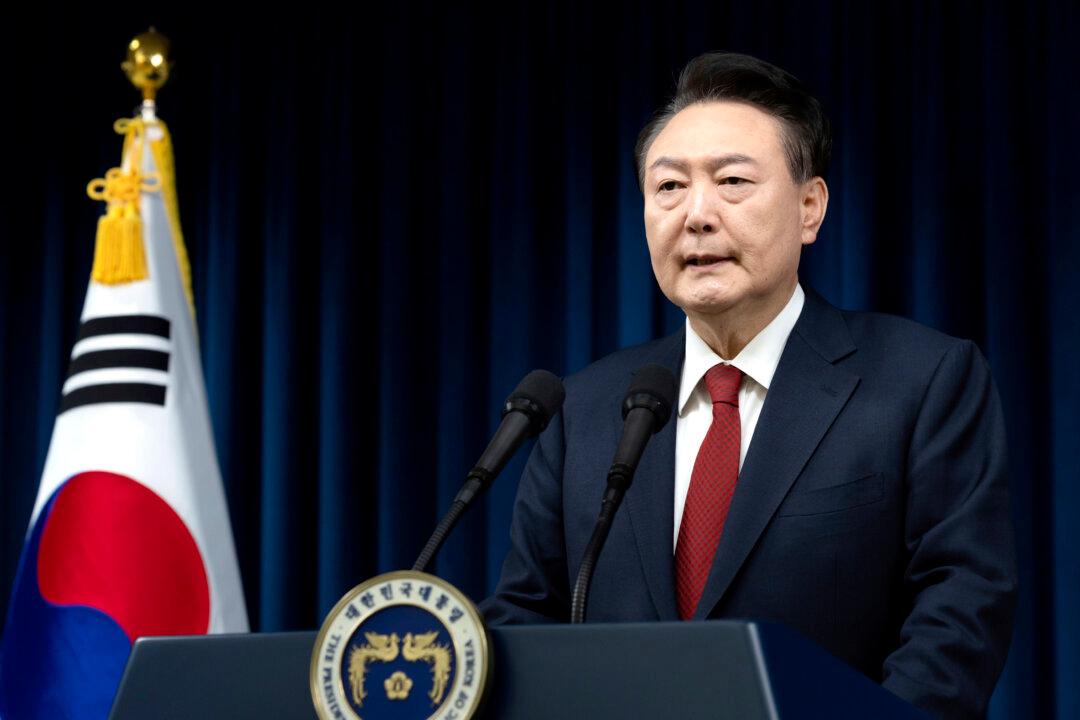South Korean President Yoon Suk Yeol has survived an initial impeachment effort over his short-lived martial law declaration earlier this week.
The South Korean National Assembly, led by Yoon’s political opposition, called the impeachment vote on Dec. 7. The impeachment motion required 200 lawmakers present to reach a quorum in the 300-seat legislature. Ultimately, 195 lawmakers cast votes as members of Yoon’s People Power party boycotted the vote and prevented a quorum.





